Today, anxiety disorders are the most common mental illness in society, afflicting a wide cross section of people. The nature of these disorders seems to reflect the landscape of worry and stress in 21st-century life, and the key word is STRESS! Stress is at the root of all anxieties. The top stressors in this era are those linked to personal economics, job and career related stress, and stress associated with social status and mobility. For many people, these trigger a host of anxiety disorders.
Obsessive-Compulsive Disorder is a prevalent anxiety disorder that, for example, causes men and women to become enslaved to elaborate and sometimes painful rituals: Hands are washed until they are raw and bleeding; food cannot be eaten unless a specific place setting is arranged in a precise way; People who live alone will check the locks several times throughout the evening after returning home.
Then there are social phobias, whereby the notion of having an idle conversation with a neighbour can cause a paralysing sense of dread, or specific phobias such as acrophobia (fear of heights). Agoraphobia (fear of public places) causes some who suffer to experience panic when they’re in public places; others simply become paralysed, at the very notion of going outside and thus become unwilling and unable to leave their homes.
Glossophobia (fear of public speaking) disables, by some estimates, almost 75% of the population. Those who suffer experience physical discomfort at the thought, with some people going to great lengths to avoid it.
In fact many who have a specific phobia, and are afflicted with panic disorder cannot predict when it will strike, so its unpredictability adds to the fear. However, new understanding of fear and anxiety and the associated ramifications has led to new treatments and strategies for unlearning and managing fear that were unimaginable just a few years ago.
There are four classifications of phobias
1. Animal or insect: this includes all types of animals or insects.
2. Blood, injection, and injury: this phobia includes the fear of injections to the fear of any medical procedure that is invasive.
3. Situational phobias: this covers phobias that come about as a result of having to do something or having to be in a specific place, e.g., fear of flying. The most common situational phobias are claustrophobia and agoraphobia.
4. Miscellaneous phobias: this covers phobias that do not fit into any of the above categories e.g. fear of clowns
While many phobias may seem a bit unusual to those who do not suffer, they are no laughing matter for those who are seized with panic and fear at the onset of the particular phobia from which they suffer. These phobias are debilitating, and many people suffer unnecessarily. Like many psychiatric disorders, anxiety disorders in general, and phobias in particular, vary wildly in degree. Some phobias are so mild they could hardly be considered real anxiety disorders. A good measuring stick to decide if you or someone you know has a debilitating phobia is to
determine if the particular anxiety interferes with a reasonable quality of life.
If you want help sorting out your OCD’s, phobias, and stress, please click here and set up a free 30 minute meeting, and I’ll tell you if I can help.
Here’s to mastering your stress.
The Stress Master
Ches Moulton
About Ches Moulton, The Stress Master
Ches Moulton, a certified stress management consultant, is the UK’s leading authority on stress management. His career has spanned more than 25 years, during which time he has been a much sought-after executive coach, psychotherapist, and trainer. His most recent work has been about helping people with high levels of stress solve their problems and live productive lives without the physical and mental effects of long-term stress.
During his time as a business performance consultant, Ches has served as an advisor to both private businesses and government in Canada, the Caribbean, the United Kingdom, Africa, and the Middle East. He is the author of ‘How to Get Control of Your Stress: Instead of Stress Controlling You’, and the international best-seller ‘Choice and Change — How to Have a Healthy Relationship with Ourself and Others’.
For more information, including videos, resources to download, and an opportunity to join Ches when he is live, please visit him at thestressmaster.com
